PENGUIN

CLASSICS
ADAM BEDE
MARY ANN (MARIAN) EVANS was born in 1819 in Warwickshire. She attended schools in Nuneaton and Coventry, coming under the influence of evangelical teachers and clergymen. In 1836 her mother died and Marian became her fathers housekeeper, educating herself in her spare time. In 1841 she moved to Coventry, and met Charles and Caroline Bray, local progressive intellectuals. Through them she was commissioned to translate Strausss Life of Jesus and met the radical publisher John Chapman, who, when he purchased the Westminster Review in 18 51, made her his managing editor. Having lost her Christian faith and thereby alienated her family, she moved to London where she met Herbert Spencer and the versatile man-of-letters George Henry Lewes. Lewes was separated from his wife, but with no possibility of divorce. In 1854 he and Marian decided to live together, and did so until Lewess death in 1878. It was he who encouraged her to turn from philosophy and journalism to fiction, and she subsequently wrote, under the name of George Eliot, Scenes of Clerical Life, Adam Bede, The Mill on the Floss, Silas Marner, Romola, Felix Holt, Middlemarch and Daniel Deronda, as well as numerous essays, articles and reviews. George Eliot died in 1880, only a few months after marrying J. W. Cross, an old friend and admirer, who became her first biographer. She was buried beside Lewes at Highgate. George Eliot combined a formidable intelligence with imaginative sympathy and acute powers of observation, and became one of the greatest and most influential of English novelists. Her choice of material widened the horizons of the novel and her psychological insights radically changed the nature of fictional characterization.
MARGARET REYNOLDS is Reader in English and Contemporary Culture at Queen Mary, University of London, and a Life Member of Clare Hall, Cambridge. Previous posts were at the University of Birmingham and the University of Leeds. She is the author of The Sappho History (Palgrave, 2003) and The Sappho Companion (Chatto and Windus, 2000), and with Angela Leighton edited Victorian Women Poets (Blackwell, 1995). Her edition of Elizabeth Barrett Brownings Aurora Leigh (Ohio University Press, 1993) won the British Academys Rose Mary Crawshay Prize. She is the presenter of BBC Radio 4s Adventures in Poetry, and has a weekly column on classic books in the Saturday Times.
GEORGE ELIOT
Adam Bede
Edited with an Introduction and Notes by
MARGARET REYNOLDS
PENGUIN BOOKS
PENGUIN BOOKS
Published by the Penguin Group
Penguin Books Ltd, 80 Strand, London WC2R 0RL , England
Penguin Group (USA) Inc., 375 Hudson Street, New York, New York 10014, USA
Penguin Group (Canada), 90 Eglinton Avenue East, Suite 700, Toronto, Ontario, Canada M4P 2Y3
(a division of Pearson Penguin Canada Inc.)
Penguin Ireland, 25 St Stephens Green, Dublin 2, Ireland (a division of Penguin Books Ltd)
Penguin Group (Australia), 250 Camberwell Road, Camberwell, Victoria 3124, Australia
(a division of Pearson Australia Group Pty Ltd)
Penguin Books India Pvt Ltd, 11, Community Centre, Panchsheel Park, New Delhi 110017, India
Penguin Group (NZ), 67 Apollo Drive, Rosedale, North Shore 0632, New Zealand
(a division of Pearson New Zealand Ltd)
Penguin Books (South Africa) (Pty) Ltd, 24 Sturdee Avenue, Rosebank, Johannesburg 2196, South Africa
Penguin Books Ltd, Registered Offices: 80 Strand, London WC2R 0RL , England
www.penguin.com
First published 1859
This edition first published in Penguin Classics 2008
1
Introduction and notes copyright Margaret Reynolds, 2008
All rights reserved
The moral right of the editor has been asserted
Except in the United States of America, this book is sold subject to the condition that it shall not, by way of trade or otherwise, be lent, re-sold, hired out, or otherwise circulated without the publishers prior consent in any form of binding or cover other than that in which it is published and without a similar condition including this condition being imposed on the subsequent purchaser
978-0-14-191785-6
Contents
Acknowledgements
Thanks are due first of all to the late and much missed Julia Briggs who invited me to undertake this edition of Adam Bede. The work of Stephen Gill, Valentine Cunningham, Doreen Roberts and Carol A. Martin has been an invaluable resource. I am grateful to Josephine McDonagh for kindly sending me material and for her readings of George Eliot. I owe much to friends and colleagues with whom I discussed various questions or who read parts of my work: Charlotte Dormandy, Edith Hall, Lisa Jardine, Leonee Ormond, Jacqueline Rose. I thank the staffs of the British Library, the Bodleian Library and the University of London Library for their courtesy and helpfulness. I am especially grateful to Lindeth Vasey, an exemplary copy-editor, and finally to Marcella Edwards at Penguin Classics who is an attentive and perceptive editor and, more than that, a good friend.
Chronology
1819 22 November, born at Arbury, Warwickshire.
182436 Attends boarding schools in Attleborough, Nuneaton and Coventry.
1836 3 February, mother dies.
1837 After sister Christiana marries, becomes fathers housekeeper.
1841 Moves with her father to Coventry where she meets Charles and Caroline (Cara) Bray. Reads Charles Hennells An Inquiry Concerning the Origin of Christianity (1838) which leads her to question her religious faith.
1842 January-May, the Holy War with her father when she refuses to attend church. Beginning of friendship with Charles Hennell and his sister Sara.
1844 Begins a translation of Strausss Das Lebenjesu(4th edn, 1840).
1846 The Life of Jesus published.
18467 Poetry and Prose, from the Notebook of an Eccentric, published in the Coventry Herald and Observer.
18478 Nurses father.
1849 Begins to translate Spinozas Tractatus theologico-politicus. 31 May, death of father. June, sets off for France, Italy and Switzerland with the Brays; they return to England in July. Remains in Geneva, lodging, from October, with the painter M. DAlbert-Durade and his wife. Begins journal.
1850 March, returns to England. Feels unwanted by her family and resides with the Brays. Decides to earn her living by writing. October, visits John Chapman in London.
1851 January, her first major article, The Progress of the Intellect, published in the Westminster Review. September, moves to London and becomes assistant editor of the Westminster.
1852 January, her first number of the Westminster published. Close friendship with Herbert Spencer.
1853 Working hard on the Westminster. October, intimacy with George Henry Lewes begins.
1854 July, translation of Feuerbachs Essence of Christianity published. Leaves for Germany with Lewes. Begins translation of Spinozas Ethics.
1855 March, returns to England with Lewes, and they set up house together.
1856 Trips to Ilfracombe and Tenby to collect materials for Lewess Sea-side Studies (1858). Begins to write fiction, The Sad Fortunes of Amos Barton. The Natural History of German Life and Silly Novels by Lady Novelists, published in the


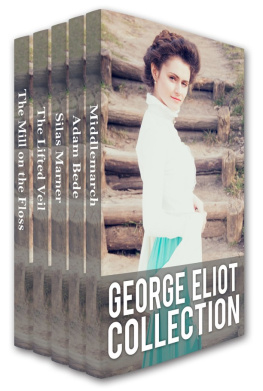

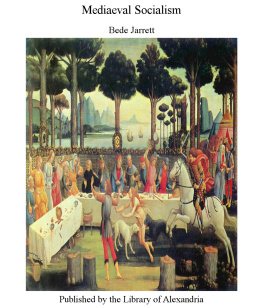
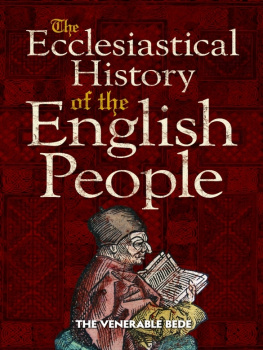
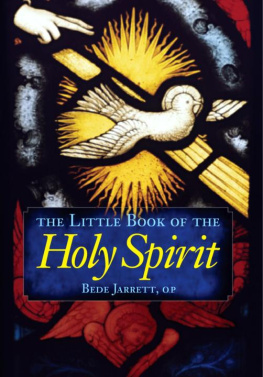
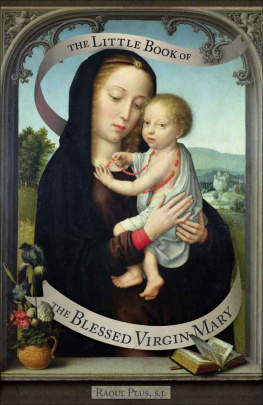
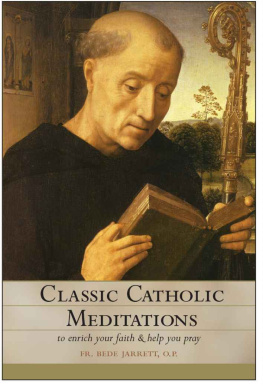
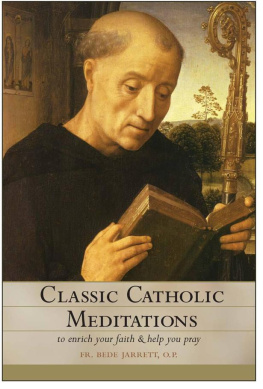

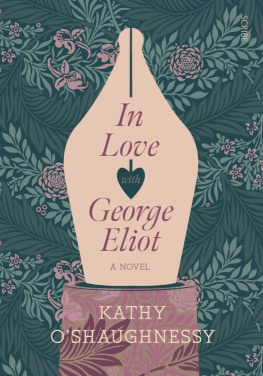
 CLASSICS
CLASSICS